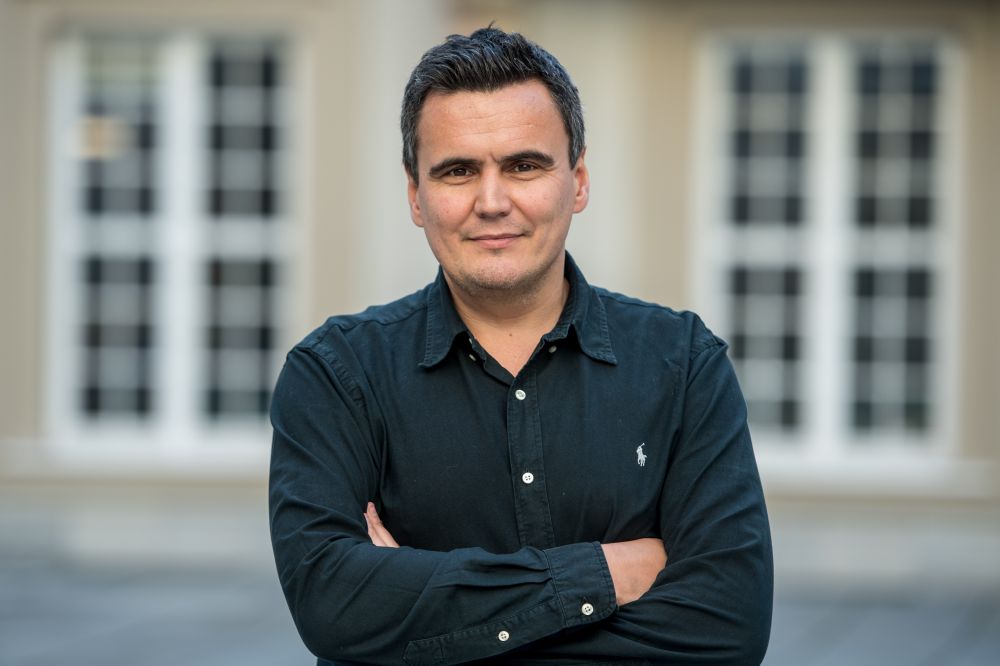YOUR BROWSER IS OUT-OF-DATE.
We have detected that you are using an outdated browser. Our service may not work properly for you. We recommend upgrading or switching to another browser.
Date: 24.03.2020 Category: science/research/innovation
What does Professor Marcin Drąg's laboratory do? What exactly is our researcher’s team working on? These questions were answered by the professor himself, and it is worth finding out what he said.
 Prof. Marcin Drąg: My laboratory's activity is oriented towards proteolytic enzymes, which are proteins, found in all living organisms and serving a catalytic purpose. These proteins are also found in viruses, and we've started testing these proteins immediately after the present epidemic. We’re carrying out the research in cooperation with the group headed by Professor Rolf Hilgenfeld from the University of Lübeck, who as early as at the beginning of January promised us that if only this protein, this enzyme, were available, he would deliver it to my laboratory. And so it actually happened - in early February the enzyme was brought to my laboratory.
Prof. Marcin Drąg: My laboratory's activity is oriented towards proteolytic enzymes, which are proteins, found in all living organisms and serving a catalytic purpose. These proteins are also found in viruses, and we've started testing these proteins immediately after the present epidemic. We’re carrying out the research in cooperation with the group headed by Professor Rolf Hilgenfeld from the University of Lübeck, who as early as at the beginning of January promised us that if only this protein, this enzyme, were available, he would deliver it to my laboratory. And so it actually happened - in early February the enzyme was brought to my laboratory.
It’s important because it processes immature proteins that are inside this virus, which is a very important function. Without it, this virus cannot survive, so it's a great candidate to be a drug. What we do in the laboratory is to profile such enzymes, thanks to the available technology, which we have created here in Poland, and we determine the so-called substrate specificity.
Imagine that this enzyme is a lock, and we’re making the keys.
And from among the hundreds of millions of available combinations of such sequences, we’re able to choose one, two, or a few best, i.e. best recognisable by such an enzyme. Very importantly, this enzyme has a very unique, so-called substrate specificity. It recognizes glutamine in the P1 position. When I was working for 20 years, I have not encountered a protease that actually recognises it with such preference. This is great news for us because if we create drugs or compounds that can inhibit this enzyme and we administer it to people, we are very likely to avoid the toxicity resulting from the side effects of the drug. The research towards this objective is very promising.
The materials and the professor's commentary are published courtesy of the Ministry of Science and Higher Education
Our site uses cookies. By continuing to browse the site you agree to our use of cookies in accordance with current browser settings. You can change at any time.